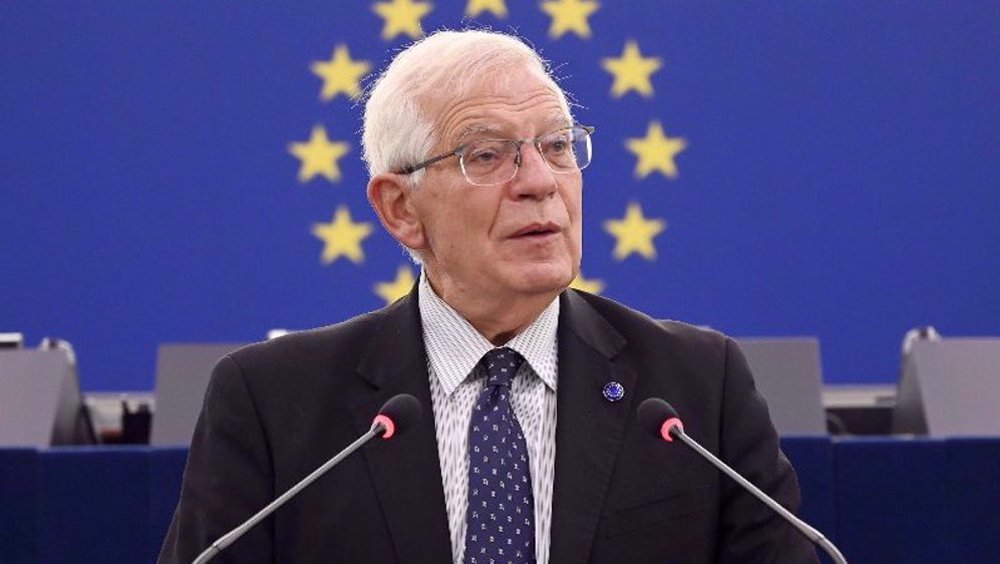Debt relief opens road for more austerity: Greece
Greek Prime Minister Alexis Tsipras has said that additional austerity measures could be imposed on the nation if the European lenders agree on a debt relief.
Tsipras said Sunday, while briefing his party members about the results of a meeting the previous day with eurozone finance ministers in Malta, that debt relief would be the condition for the government in Athens to implement cuts and meet budget savings.
"After Malta, the road opens for specifying measures on debt relief. This will send a clear message that the crisis is behind us," said Tsipras, adding, “What was decided in Malta ... renders the horizon for the country's exit from supervision visible.”
The leftist Greek leader, who has repeatedly clashed with lenders on how his country could secure more bailouts, said Athens should be able to have debt relief measures in the near future in order to meet the demands of lenders. Tsipras said those measures should also allow the European Central Bank to include Greece in its mechanism for buying government bonds.
“Medium-term debt relief measures, able to include us in (the ECB's) quantitative easing, and a fiscal path that will not be unattainable, is the condition for us to implement the measures we decided,” he told members of Syriza party's central committee.
During the meeting in Malta on Friday, Greece agreed to additional demands for cuts and reforms after its current 86-billion-euro bailout program expires in 2018. Athens should generate more income through spending cuts on pensions by one percent of its economic output in 2019 while it would be committed to save another one percent of its GDP by lowering the current income tax exemption threshold.
Greece’s European lenders, namely the Eurozone governments and the ECB, had initially resisted demands by the International Monetary Fund for debt relief. The IMF had argued that Athens would not be able to service its mountain of debt and creditors should help the country back on its feet.
6 Israeli soldiers committed suicide in recent months: Reports
Diplomat discourages recourse to pressure, intimidation, confrontation against Iran
UN: 2024 deadliest year for aid workers amid genocide in Gaza
Gaza health official warns of hospital shutdowns within 48 hours
Israel kills 5 more paramedics in southern Lebanon: Health ministry
Iran to launch ‘new, advanced’ centrifuges in response to IAEA resolution: AEOI
Yemen fires hypersonic missile at Israeli airbase
VIDEO | New Delhi chokes under toxic smog as air quality remains at hazardous levels













 This makes it easy to access the Press TV website
This makes it easy to access the Press TV website